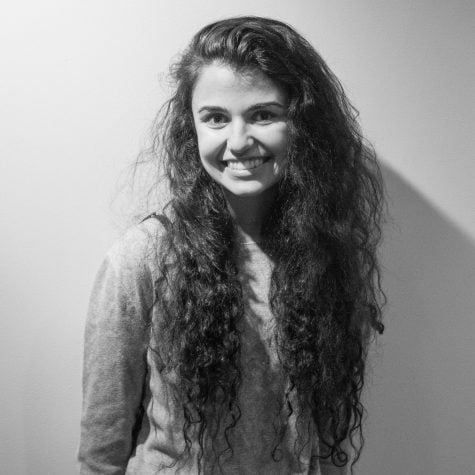 Whether it is electric, wind or solar, there are countries starting to use forms of energy that will stick around long after coal.
Whether it is electric, wind or solar, there are countries starting to use forms of energy that will stick around long after coal.
Almost every country in the world came together and signed the Paris Agreement on Dec. 12, 2015. As of Nov. 5, 100 nations have ratified the agreement according to the United Nations.
In February, the Climate Reality Project compiled a list of 11 climate leaders around the world to encourage those falling behind to look to those who are already successful.
“Almost 200 countries from every corner of the world signed the Paris Agreement, committing to decrease greenhouse gas emissions and — dare we say — save the world,” the CRP said. “The question on everyone’s mind:
How?
“Here’s how: follow the leader. There are many countries already forging ahead towards a low-carbon future.”
There were several Guilford College study abroad desti- nations on the list, including Costa Rica.
“I saw nothing surprising, but my exposure was pretty limited,” said Instructor of Art Maia Dery, who leads the January term course in Nosara, Costa Rica. “Costa Rica’s success with renewables is largely due to hydro and geothermal power.”
Germany also made the list.
“Their waste collection system is superb,” said senior environmental studies major and Students for Climate Justice treasurer Hannah Brewer-Jensen, who has studied abroad in Germany. “They separate all the different paper waste, trash, bottles and cans, and then they have a compost waste receptacle.”
There are also several countries that are ahead of the renewable energy game who were not on the CRP’s list.
“The most striking example I’ve seen has been in Belgium and the Netherlands,” said Assistant Director of Study Abroad Robert Van Pelt ’15. “The Dutch have a more progressive view on how they think the world should be.
“It was just these windmills … as far as the eye can see.”
Not only does renewable energy mean a cleaner environment, but it also means a better economy.
“It’s an inexpensive energy source, but regardless of whether it’s inexpensive or not, it’s beneficial not only in the way that it creates jobs and promotes local economies, but it also erases the costs imposed on the communities for using non-renewable energy sources,” said Assistant Professor of Economics Natalya Shelkova.
With better economic conditions also come more jobs.
“Renewable energy tends to be labor intensive,” said Professor of Economics Bob Williams. “So what that means is that you are hiring people. They can be pretty good paying jobs.
“It’s really a win-win situation.” However, these countries are not perfect. “They still use fossil fuels for transportation and, as opposed to Guilford where every 10th car is hybrid, I never saw a hybrid car while I was there (in Costa Rica),” said Dery.
“They are a small country with limited industry and, as expected, the landscape reflected that. There were many preserved areas and relatively little development.”
In the United States, which came in 10th on the list, the story is the same.
“That does surprise me,” said senior environmental studies minor Anna Lichtiger. “You always learn about the U.S. as being one of the countries that contributes the most to climate change, and 10 is a really low number.”
At Guilford, both Students for Climate Justice and the Food Justice Club are dealing with issues related to climate change.
“They both are doing stuff around food, and that’s important because food is a really big use of energy,” said Lichtiger.
To learn more about renewable energy, visit resources like the Climate Reality Project online or contact Students for Climate Justice.
“If we’re going to have anything approximating our current habitat at the end of this and into the next century, renewable energy, if we can get ourselves focused on it, might just be bright and shiny enough to refocus us,” said Dery.
“If we are nimble and fast, could help point the way out of this planetary mess.”










